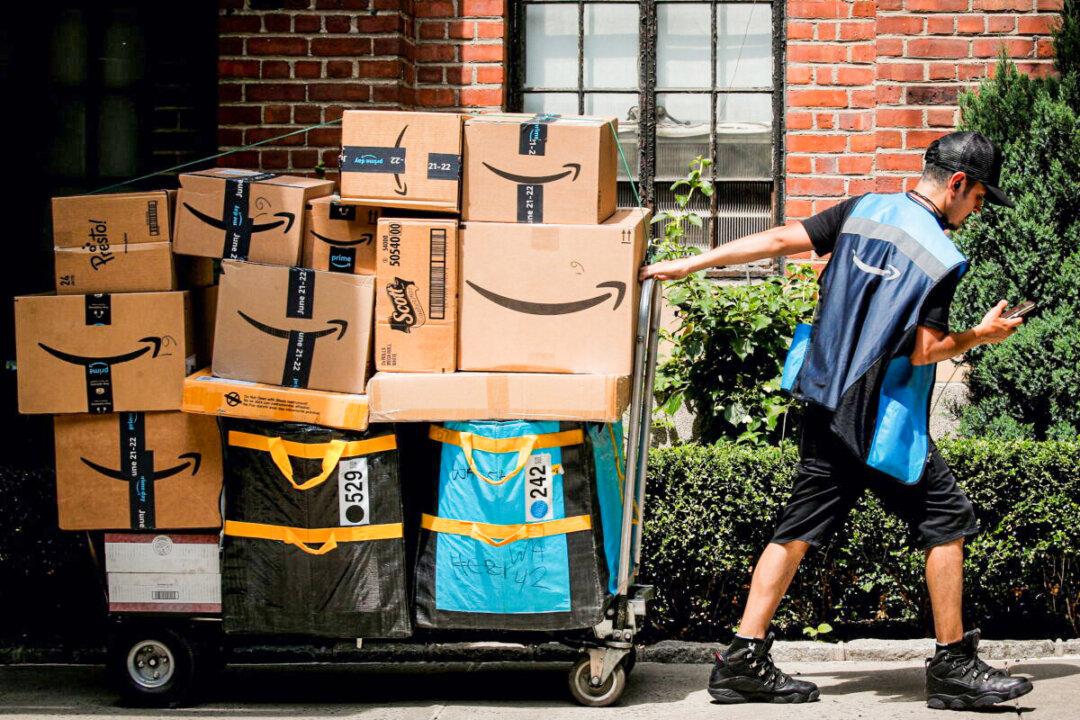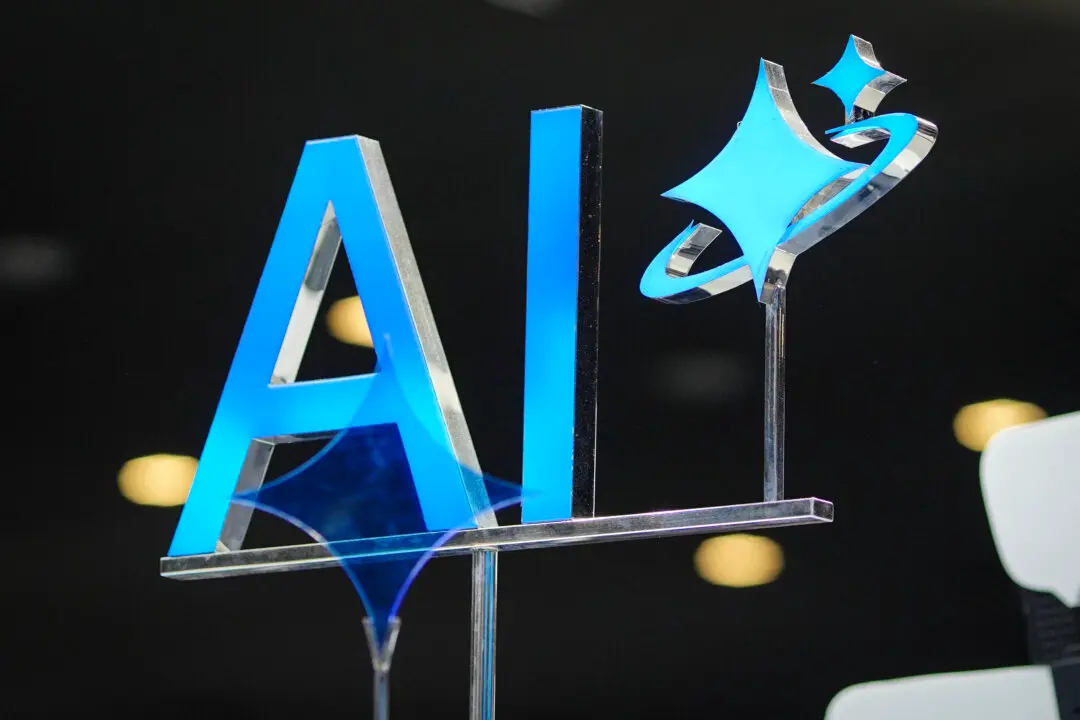As the debate continues over artificial intelligence’s role in the digital world, the supply chain management industry is wasting no time jumping on board.
For those in the business, AI integration can’t happen soon enough. Some U.S.–based supply chain management experts say AI will have an even more “profound” impact on the industry than the internet.





